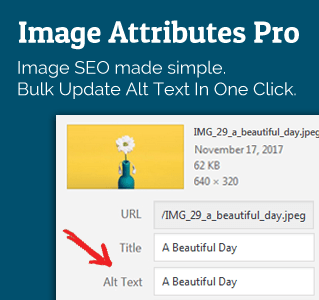A guest post by David. If you wish to write one, check out the guest-posting guidelines and details.
With CD profits continuing to free fall, new ways to identify, accumulate and play music are rising out of the woodwork. While Myspace can be said to have spearheaded a social networking /music playlist integration, few people would openly consider Myspace their destination for music. Of course, few people would openly consider Myspace their destination for anything. With the possible exception of web cam divas.
Though nothing has yet surfaced that can claim to have replaced music sales’ lost revenue, recent years have seen the emergence of a number of innovative services, players, and websites. The competition over music distribution is not dead, it’s just changed venues, and the players seem to be focused on posturing themselves for a new kind of music industry, in which media partnerships and subscription services dictated by Internet conglomerates are the lay of the land.
 Pandora, borne of the Music Genome Project, kickstarted the automated music recommendation craze, whereby users can have an entire radio station constructed based on their song or band preferences. The problem many people have with Pandora is the amount of popup ads they have to sit through in between songs. The advertising skins get a bit tacky as well. These grievances haven’t stood in the way of the service from garnering 80 million users.
Pandora, borne of the Music Genome Project, kickstarted the automated music recommendation craze, whereby users can have an entire radio station constructed based on their song or band preferences. The problem many people have with Pandora is the amount of popup ads they have to sit through in between songs. The advertising skins get a bit tacky as well. These grievances haven’t stood in the way of the service from garnering 80 million users.
The music website Last.fm, owned by CBS Interactive, boasts a more modest 30 million users. Its service is similar in some respects to Pandora, but with more social networking features and greater customization options. For example, Last.FM allows you to create a radio station or playlist based on a fusion of three different artists or songs. Other practical differences between Last.fm and Pandora include Last.fm’s bilingual options and it’s availability outside the United States.
Additionally, the two services select music differently. While it’s a bit more complicated than just referencing anywho white pages for the users’ various musical destinations, the process can be distilled down to the utilization of different algorithms. Last.fm uses a crowdsourcing method called “audioscrobbling” while Pandora relies more on mathematical methods, such as identifying patterns in rhythm and vocalization that are similar to the user’s stated preferences. And while they are both playable from their respective sites’ built-in player, Last.fm is compatible on Windows Media Player, iTunes, and iPods. Both services offer free versions and paid subscription versions that offer more features and less advertising
The future is wide open in terms of how the music industry will continue generate revenue, but we’re starting to see some definitive signs as to how music fans are choosing to find and play music. Recommendation-based Internet radio services, coupled with social networking and advertising, promise to have a place in the equation for the foreseeable future.
The Author, David Avrick is an Android application developer and works for a mobile application developing company based in UK.






The real issue plaguing the music industry is piracy. I guess if users start buying more music online/ through CD’s, the industry can produce even better albums. But let us hope that the new online models would be advantageous to the music bands in giving them more publicity and hence bolstering music CD/Accessory sales.